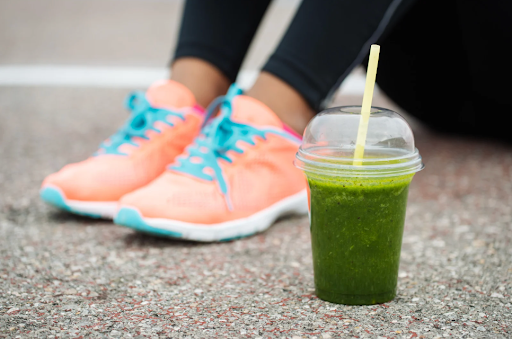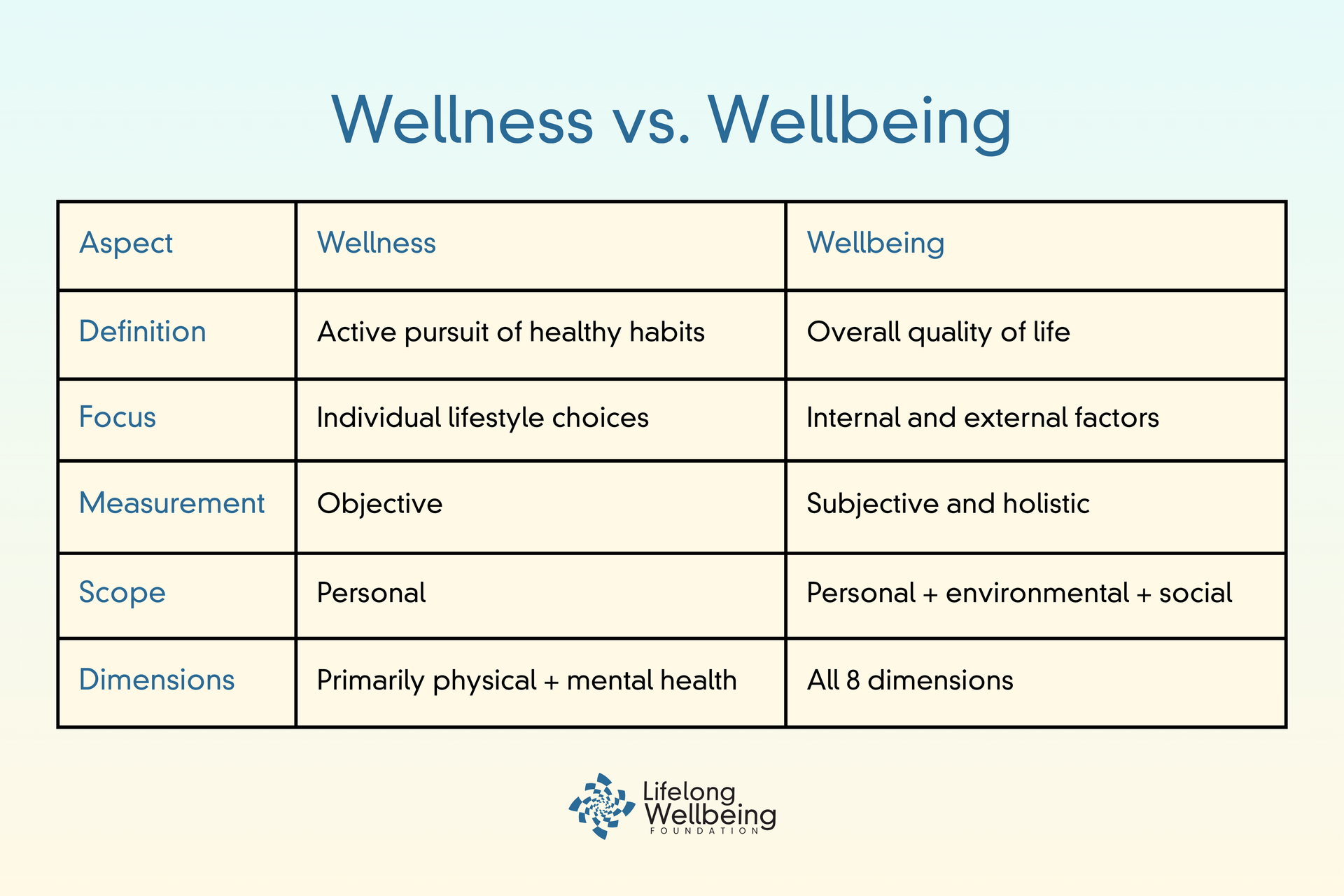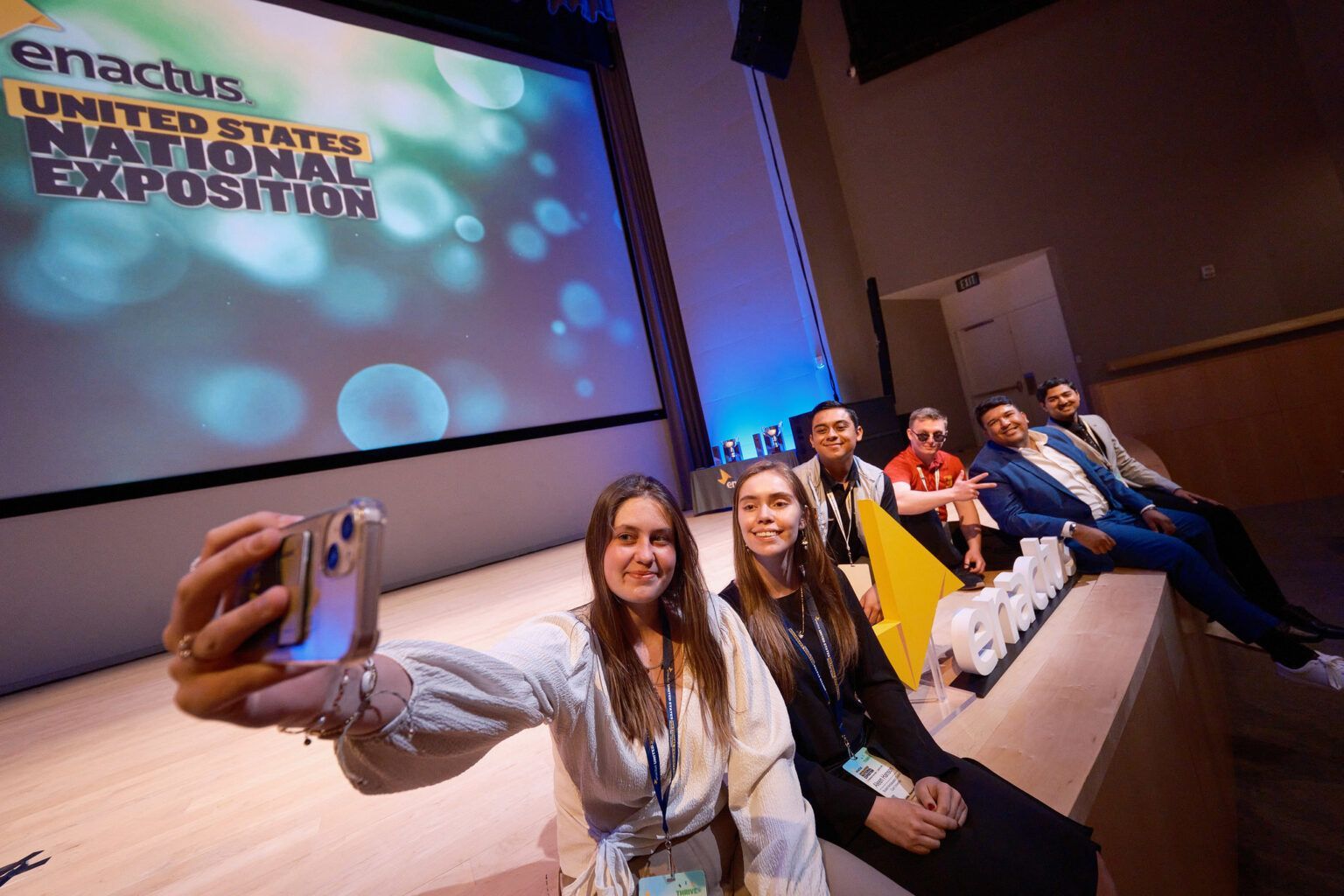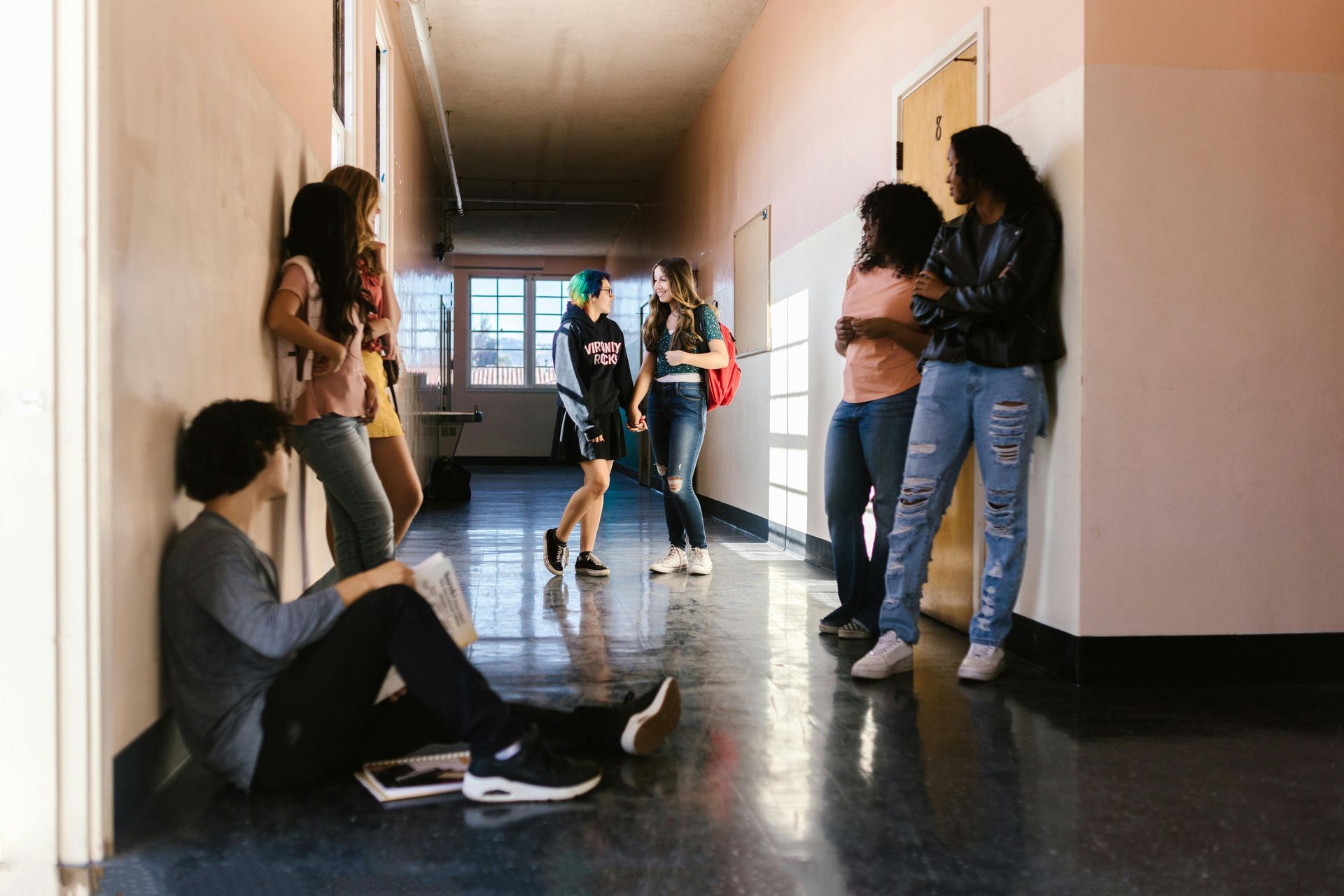Wellness vs. Wellbeing: What College Students (and Supporters) Should Know
When we talk about student health on campus, two words tend to come up a lot: wellness and wellbeing. They sound similar, but they’re not the same.
Understanding the difference matters. It helps students take better care of themselves, and it helps those who support them—like parents, faculty, and administrators—create environments where students can thrive.

What is Wellness?
Wellness is about the daily habits and practices you choose to maintain your health.
- The University of Illinois describes wellness as “the active pursuit of activities, choices, and lifestyles that lead to a state of holistic health.”
- It includes things like staying physically active, eating well, getting enough sleep, managing stress, and avoiding harmful substances.
- These activities touch many of the 8 Dimensions of Wellbeing, but they don’t speak to all of them.
Wellness is something you
CAN control. It’s personal. It’s proactive. And it’s often what gets talked about in health-focused campus programming like fitness classes, nutrition workshops, or sleep hygiene tips.

What is Wellbeing?
Wellbeing is broader. It’s not just daily practices to support health, it’s also how you feel, how you function, and how your life is going overall.
- It includes your sense of purpose, belonging, and connection to others.
- The World Health Organization describes it as a positive state where individuals feel comfortable, healthy, and happy, influenced by social, economic, and environmental factors.
- It reflects all 8 dimensions—not just physical health—but also your intellectual engagement, spiritual fulfillment, social connection, occupational satisfaction, and even your environmental surroundings.
Wellbeing is shaped by both personal habits and your surroundings. It can be influenced by relationships, campus culture, financial situations, and support systems.
A Simple Breakdown

Why This Matters on Campus
When colleges focus only on wellness, they may encourage students to go to the gym or meditate the night before a big exam, but leave out bigger questions:
- Does the student feel safe and supported?
- Do they have access to affordable food and housing?
- Are they connected to community and meaningful friendships?
- Do they feel a sense of purpose in their studies or career path?
- Are they encouraged to grow intellectually, not just get good grades?
That’s where wellbeing comes in. It recognizes that students’ lives are complex and robust. Along with trying to stay healthy, they are managing mental health, social identity, academic pressure, future uncertainty, and more.
What the Lifelong Wellbeing Foundation Supports
At the Lifelong Wellbeing Foundation, we recognize that no single action or program is enough. Wellbeing is built when students feel supported in all areas of their lives:
- Physical: Prioritizing sleep, nutrition, and movement.
- Emotional: Access to mental health care, coping skills, and trusted relationships.
- Social: Building community, friendship, and inclusion.
- Financial: Reducing stress related to money, debt, and access to essentials.
- Spiritual: Creating space for meaning, values, and reflection.
- Occupational: Connecting education to real-world purpose and future careers.
- Intellectual: Encouraging curiosity, critical thinking, and growth.
- Environmental: Making campus spaces safe, clean, and welcoming.
We believe that supporting wellbeing means supporting the whole student.

Bottom Line
Wellness is what you do: the routines and behaviors that help you stay healthy.
Wellbeing is how you’re doing: your overall quality of life, shaped by habits, relationships, resources, and purpose.
- We’re here to make wellbeing make sense.
- We’re here to make wellbeing actionable.
- We’re here to build communities where students are guided by a wellbeing mindset.
Make your life your major. Wellbeing starts here.










